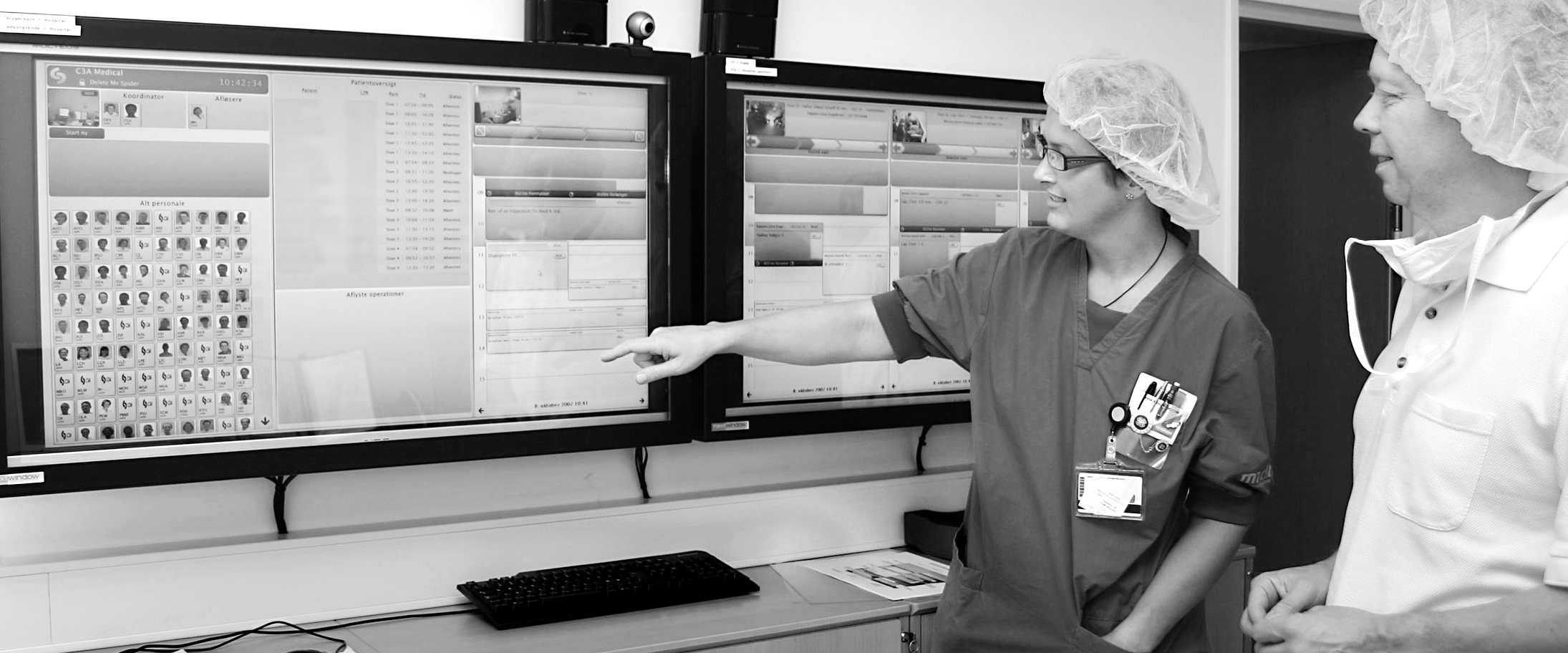EUnetHTA
The aim of the project was to define and implement a sustainable model for the scientific and technical cooperation on Health Technology Assessment.
EUnetHTA (2016-2021)

About the project
The aim of the project was to define and implement a sustainable model for the scientific and technical cooperation on Health Technology Assessment (HTA) in Europe based on voluntary cooperation within and between national and regional HTA Bodies. The model focusses on supporting Member States in receiving HTA-relevant information that is objective, reliable, timely and comparable.
The project was funded as a Joint Action under the Third EU Health Programme.
Partners
The project had 81 partners consisting of national, regional and non-for-profit agencies that produce or contribute to HTA and was coordinated by Dutch National Health Care Institute (ZIN).
DEFACTUM's role
Our role was to participate in the development of a common European HTA model to be used in the collaboration between agencies in doing HTAs. The model is called the HTA Core Model. Furthermore, we participated in testing the model by making piolet HTAs together with other HTA agencies. In the last part of EUnetHTA, we used the refined core model to produce common HTAs across Europa together with other agencies form the consortium.
Key lessons
Some of the key lessons we bring to future projects are:
- Many aspects of technology assessment can be made in collaboration across Europa and we can benefit from sharing work
- National context is important in technology assessment, especially when looking at the organization of health care and the economic aspects of introducing new technology
- Working with HTA on a European level requires national governance which is ready to implement this work
- So much technology is introduced to the health care systems in Europa, that collaboration is necessary in order to secure robust national health systems.


